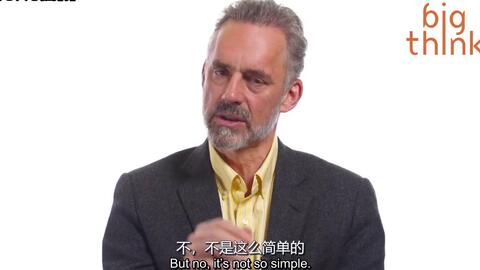Peter Kurzweil's Insights on Technological Singularity: Bridging the Gap from Science Fiction to Reality
Guide or Summary:Technological Singularity: The Concept and Its ImplicationsThe Role of Biotechnology and Nanotechnology in the SingularityChallenges and Et……
Guide or Summary:
- Technological Singularity: The Concept and Its Implications
- The Role of Biotechnology and Nanotechnology in the Singularity
- Challenges and Ethical Considerations
- Conclusion: Bridging the Gap from Science Fiction to Reality
In the realm of futurology and technological innovation, Peter Kurzweil's name is synonymous with profound insights and foresight. His work delves into the intersection of science, technology, and human enhancement, painting a captivating picture of a future where artificial intelligence (AI) surpasses human intelligence, ushering in the Technological Singularity. This article explores Kurzweil's perspectives on this transformative event, examining how his ideas bridge the gap between the imaginative realms of science fiction and the burgeoning realities of technological advancement.
Technological Singularity: The Concept and Its Implications
At its core, the Technological Singularity refers to a hypothetical future point in time where artificial intelligence becomes so advanced that it surpasses human intelligence, leading to an exponential acceleration of technological progress. This concept has been a staple in science fiction for decades, yet Peter Kurzweil brings a unique blend of scientific rigor and philosophical contemplation to this discourse.

Kurzweil's exploration of the Singularity is grounded in the principles of exponential growth, a phenomenon he argues has been a driving force throughout human history. From the invention of the wheel to the advent of the internet, Kurzweil posits that technological advancements have followed a predictable pattern of exponential increase. Applying this logic to AI, he envisions a future where machines not only match but exceed human capabilities in realms such as problem-solving, learning, and creativity.
The Role of Biotechnology and Nanotechnology in the Singularity
Kurzweil's vision extends beyond AI to encompass biotechnology and nanotechnology, which he believes will play pivotal roles in the realization of the Technological Singularity. Biotechnology, with its potential to enhance human abilities and extend life spans, could fundamentally alter our understanding of what it means to be human. Similarly, nanotechnology, the manipulation of matter at an atomic or molecular scale, promises to revolutionize industries ranging from medicine to energy production.
Through his work, Kurzweil advocates for a harmonious integration of these technologies with human life, suggesting that they could be used to address some of the most pressing challenges facing humanity, such as climate change, disease, and resource depletion. By doing so, he envisions a world where technology serves as an extension of human potential, rather than a replacement or a threat.

Challenges and Ethical Considerations
Despite the allure of Kurzweil's vision, the path to the Technological Singularity is fraught with challenges and ethical considerations. One of the primary concerns is the potential for AI to become uncontrollable, posing risks to human safety and societal stability. Kurzweil addresses these concerns by advocating for the development of robust ethical frameworks and collaborative efforts among technologists, policymakers, and the public.
Furthermore, the rapid pace of technological advancement necessitates a reevaluation of our educational systems and workforce skills. As machines become capable of performing tasks traditionally done by humans, the demand for new skill sets and lifelong learning will become increasingly crucial.
Conclusion: Bridging the Gap from Science Fiction to Reality
Peter Kurzweil's insights into the Technological Singularity offer a compelling glimpse into a future where technology and humanity coalesce in ways previously unimaginable. By examining the principles of exponential growth and the potential of biotechnology and nanotechnology, Kurzweil challenges us to consider the profound implications of these advancements on our lives and society as a whole.

While the journey to the Technological Singularity is fraught with uncertainty and challenges, Kurzweil's work serves as a beacon of hope, urging us to embrace the transformative potential of technology while navigating the ethical and practical complexities that accompany it. As we stand on the cusp of a new era, Kurzweil's vision reminds us that the future is not just a product of our imagination but a reality that we can shape through informed and responsible innovation.